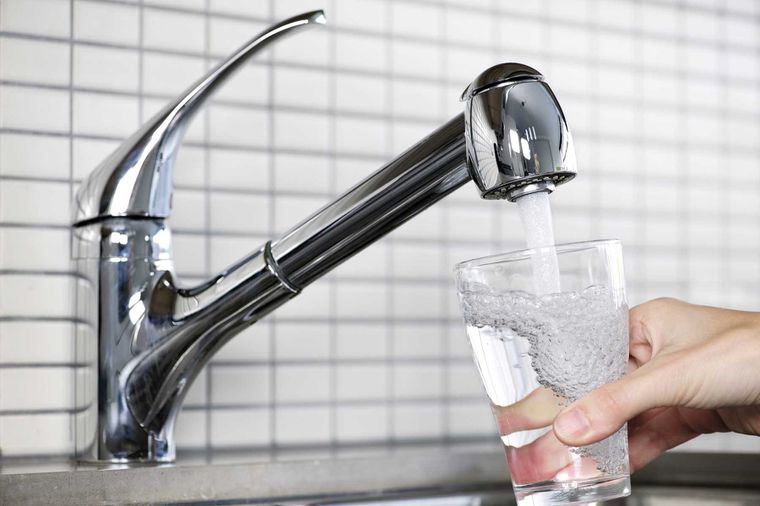Hard water is a problem in about 85% of homes across the US. The excessive concentration of minerals like calcium and magnesium can leave marks on the dishes and crockery and leave scaly deposits on your taps and fittings. You will find the plumbing blocking up and taking a shower in that water will leave you with dry skin and hair.

You can remove all these issues by installing a water softener in your home. However, before installing one, you need to ask the following questions to determine which one is the best water softener for your needs.
- What Is the Grain Capacity of the Water Softener?
A high grain capacity indicates that the system can clean water with considerable hardness. If you live in an area where the water is very hard, then a high grain variety is best suited. Otherwise, the softener will retain its saturation point very quickly. Although regeneration takes place automatically, you do not want to put undue pressure on the system.
- How Can You Measure Water Hardness?
To measure water hardness, you have to know the GPG or the Grains per Gallon. Single grain hardness is equal to 1/7,000 pound of rock. This figure can also be displayed as parts, litres or milligrams, depending on your location. If your water has high GPG, you will need a high grain variety of water softener.
- What Is the Regeneration of a Water Softener?
The regeneration period is the time when the water softener stops working for a while and cleans itself. The softener system’s resins are always retracting minerals from the water, till a time comes when they are saturated. At this point, the system cleans itself with the salt from the brine tank, and the accumulated minerals are flushed out. Depending on your system, this could take a few hours.
- What Are the Various Kinds of Water Softeners?
There are various water softeners of different shapes, sizes and working capacity. Tank softeners are the most in-demand because they provide a whole-house solution. You can also install some faucets that double as water softeners, but they will only solve the problem in one specific area. Adding water softening chemical solutions to the water is another solution, but that causes allergies and rashes.
- What Is the Estimated Cost of Installing Water Softeners?
Prices of water softeners can vary a lot. They can cost a couple of thousand dollars, with the system and installation combined, along with any special plumbing arrangements you might have to make.
However, it would be worth every penny because this will ensure that your plumbing, appliances and fittings do not develop faults due to scaly sediment deposits. It will save you a lot of money in the long run and lower your electricity and water bills because, with hard water, you end up using a lot more of it.
Installing a water softener at home, lets you enjoy immense long term benefits. You do not have to worry about your dishwasher or washing machine breaking down. The best water softener will surely make your life easier as you will have access to clear, soft water.